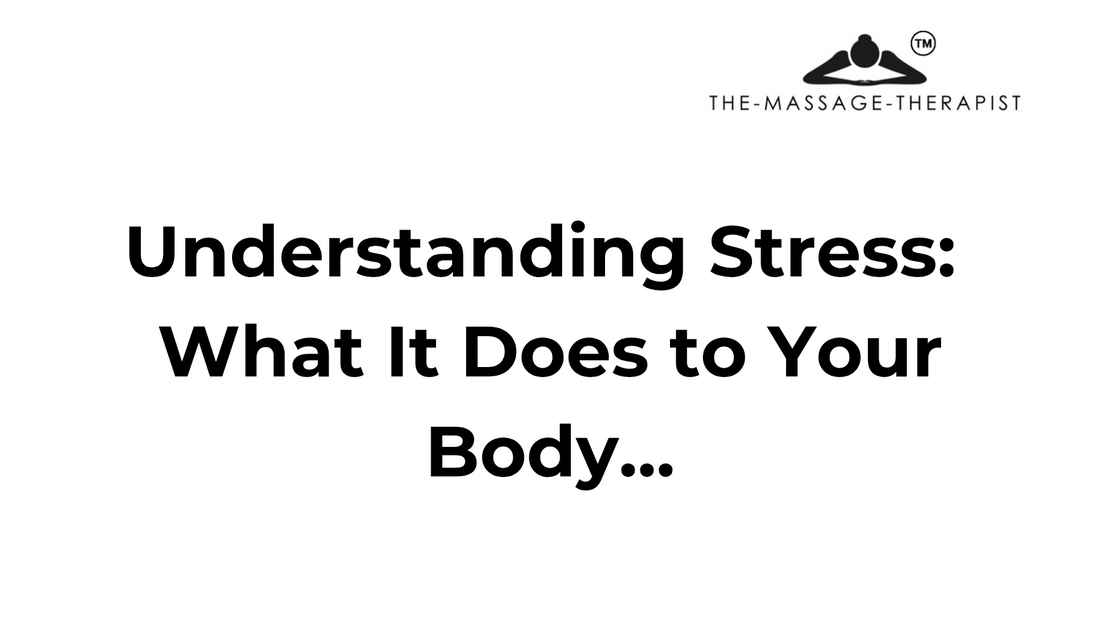Stress is something we all experience, it’s our body’s natural response to pressure, challenges, and change. But when stress becomes overwhelming or constant, it can take a serious toll on our physical and mental health. Let’s dive into what stress really is, how it differs from anxiety and depression, and how massage can play a role in supporting your wellbeing.
What Is Stress?
Stress is the body’s reaction to feeling under pressure. It can come from work, family responsibilities, financial concerns, or even positive changes like moving house or planning a wedding. In small doses, stress can actually be helpful—it motivates us to take action. But when stress is ongoing, our body stays in a constant “fight or flight” mode, and that’s when it becomes harmful.

Stress vs. Anxiety vs. Depression
Although stress, anxiety, and depression are often spoken about together, they are not the same thing.
Stress is a response to an external trigger, like a deadline, argument, or unexpected bill. Once the situation passes, stress usually eases.
Anxiety is more persistent and doesn’t always have a clear cause. It’s a feeling of unease, worry, or fear that can interfere with daily life.
Depression goes deeper. It’s not just sadness—it’s a long-lasting feeling of emptiness, hopelessness, or lack of interest in things you used to enjoy.
Understanding the differences is important, because while stress may pass once a problem is solved, anxiety and depression often need longer-term support.
The Effects of Stress on the Body
When you’re stressed, your body releases hormones like cortisol and adrenaline. In the short term, this increases your heart rate, sharpens focus, and gives you extra energy. But over time, too much stress can cause:
- Muscle tension and pain – especially in the neck, shoulders, and back
- Headaches and migraines
- Digestive problems such as IBS or stomach upset
- Sleep disturbances like insomnia and restless nights
- Weakened immune system, making you more prone to illness
- Mood swings, irritability, or difficulty concentrating
Long-term stress has even been linked to heart disease, high blood pressure, and other chronic health conditions.

How Massage Can Help with Stress, Anxiety, and Depression
Massage isn’t just about relaxation it has real therapeutic effects on the body and mind.
- Massage helps reduce levels of cortisol, the stress hormone, while increasing serotonin and dopamine, which improve mood and promote feelings of wellbeing.
- By easing muscle tension, it reduces physical symptoms of stress such as headaches, tight shoulders, or back pain.
- Massage also encourages better sleep, which is often disrupted when you're stressed or anxious.
- The calming environment of a massage session - soft lightening, soothing music and focused care helps your nervous system shift out of "fight or flight" and into "rest and digest."
- For those experiencing anxiety or depression, massage can be gentle, supportive therapy that complements other treatments by promoting relaxation and connection.
In short, massage doesn’t just make you feel better in the moment—it helps your body and mind recover from the effects of ongoing stress.


